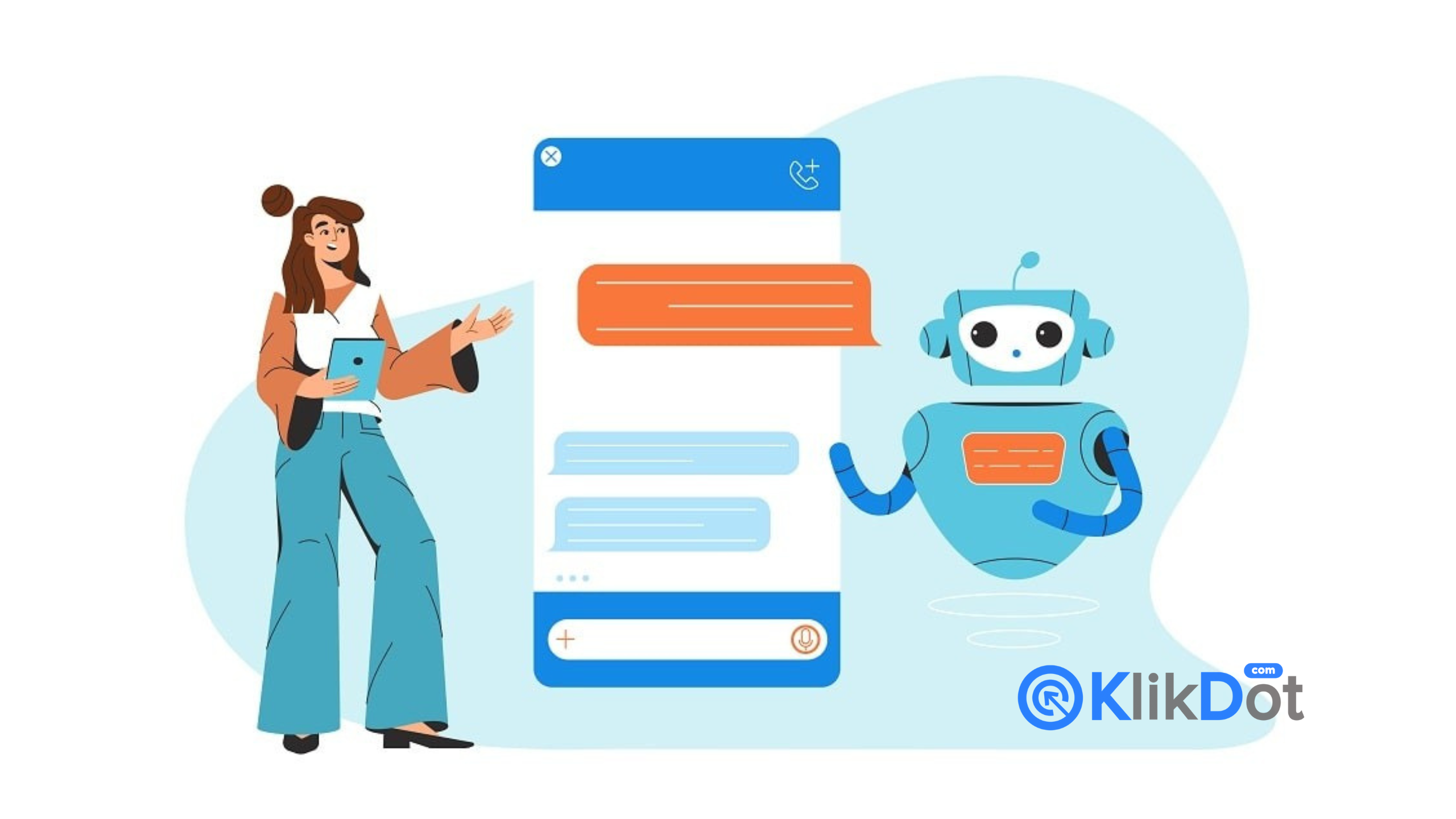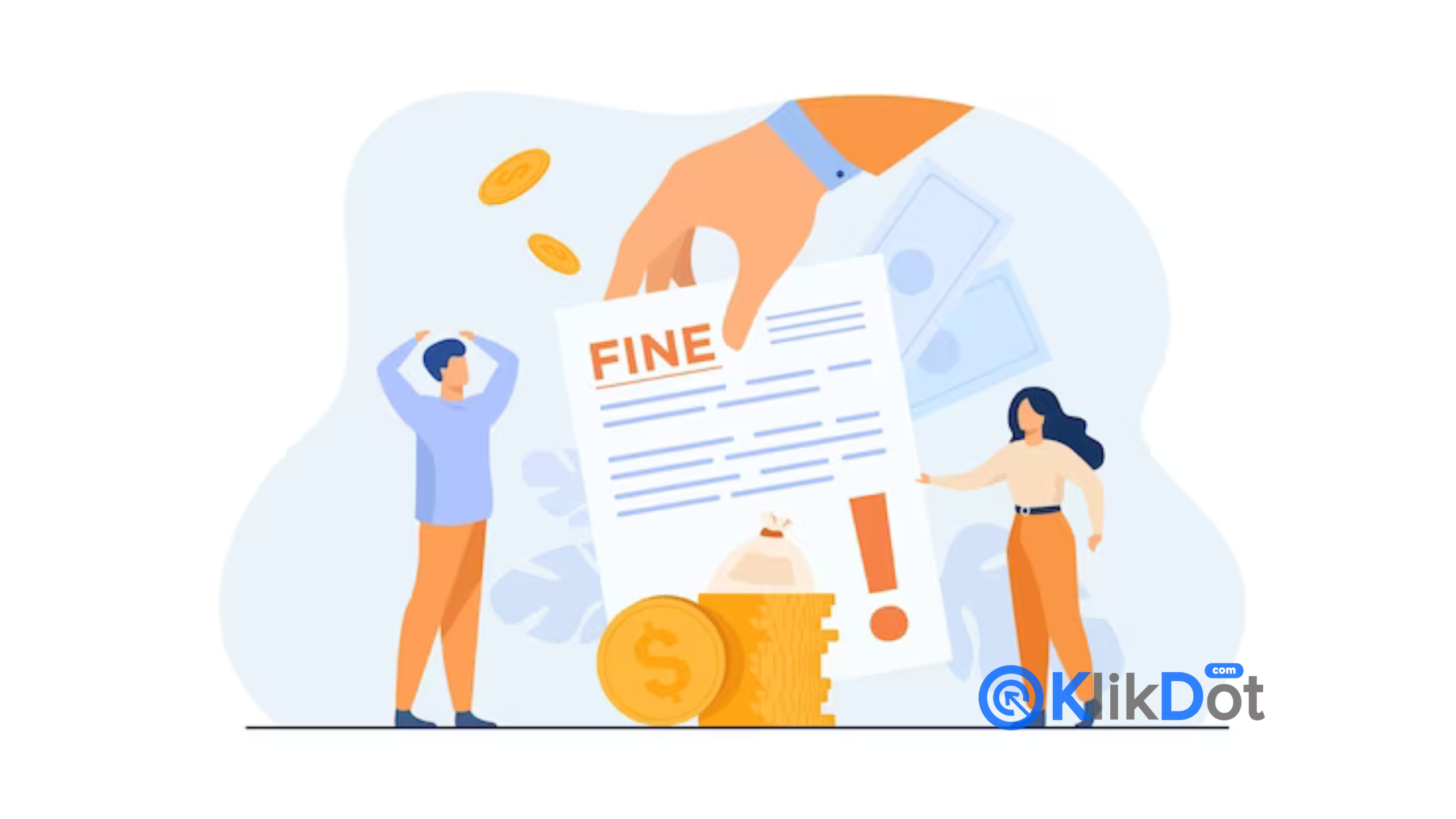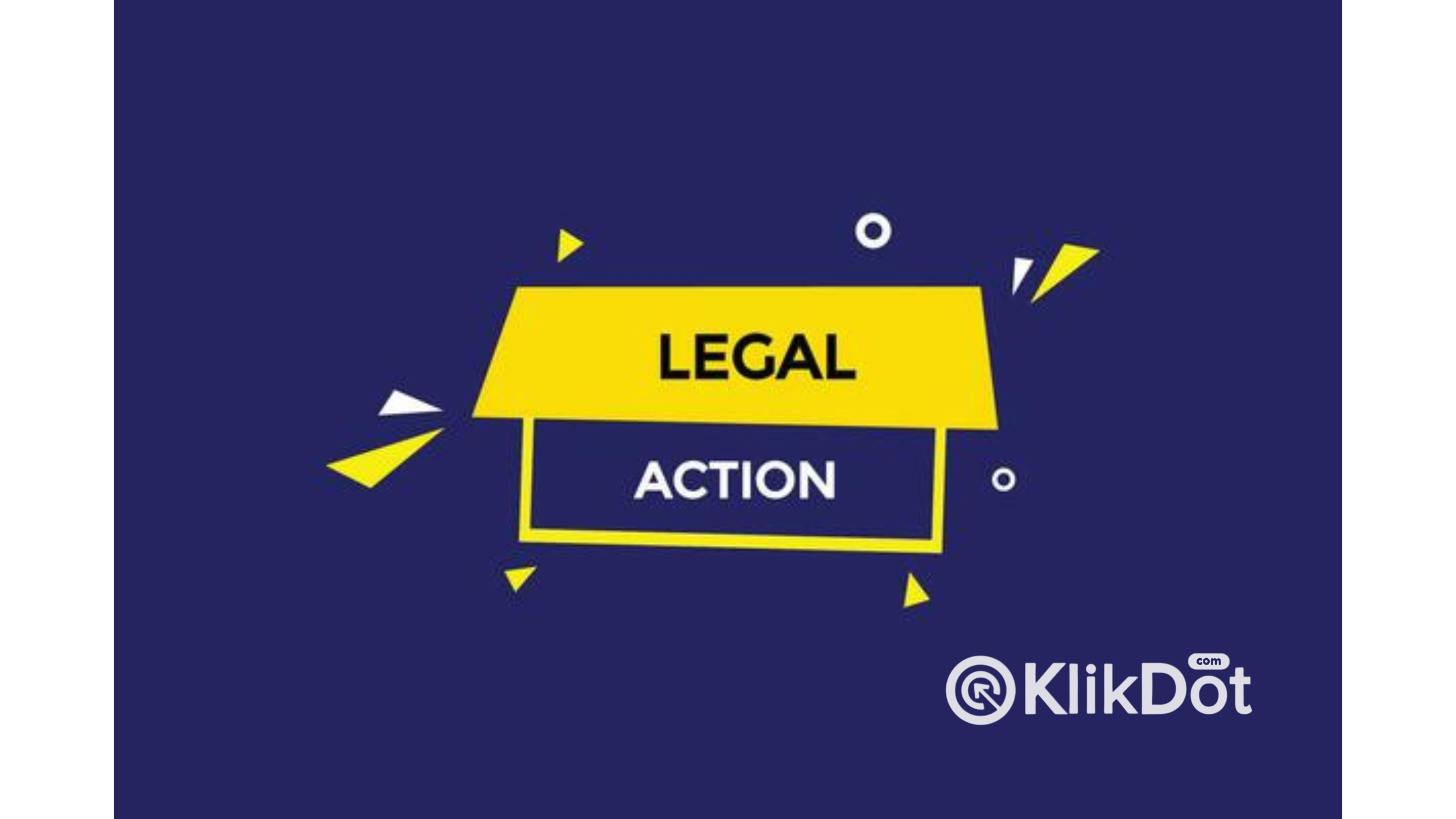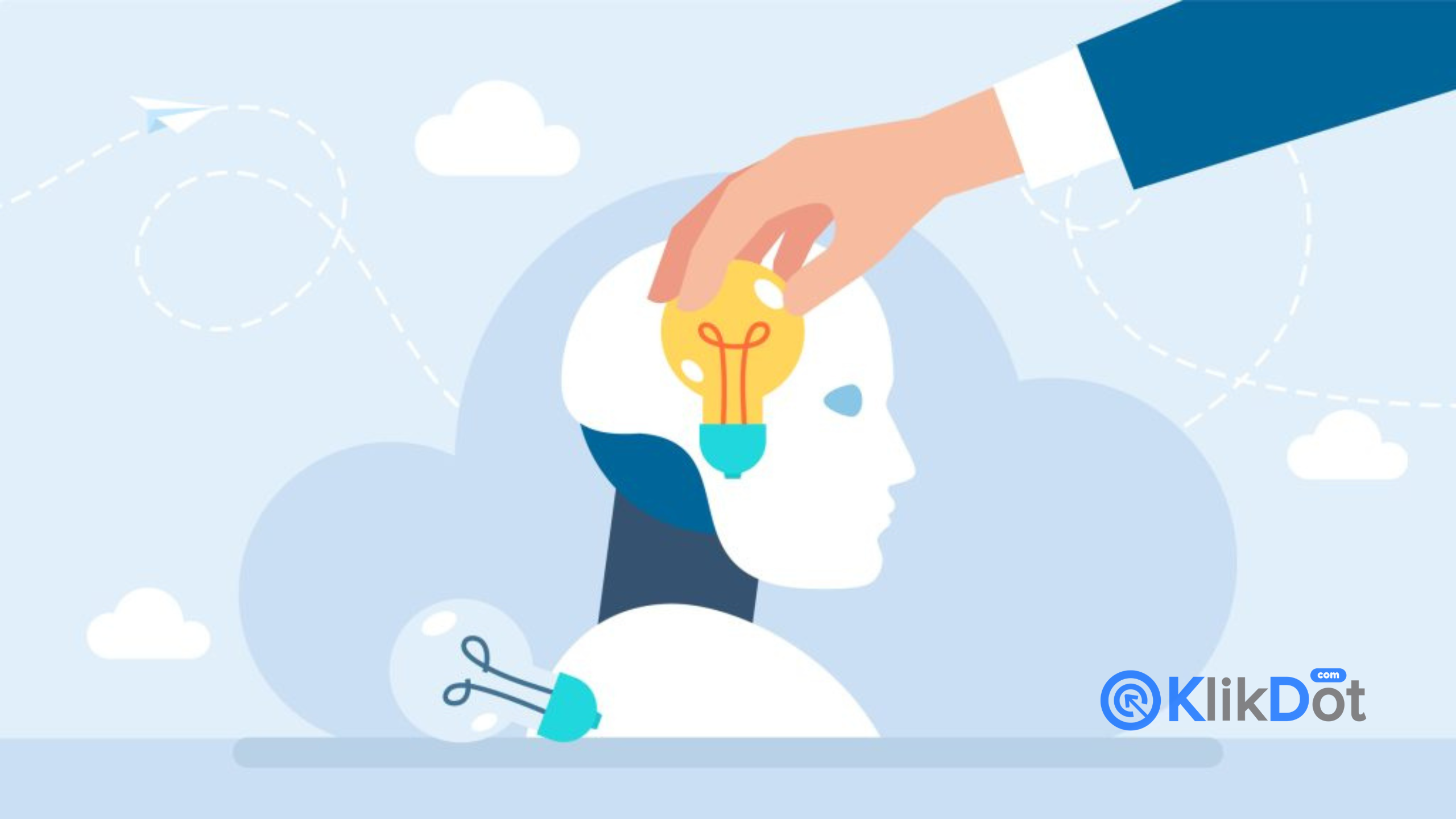Over 9,000 authors have signed an open letter to top tech companies, voicing their concerns about the use of their copyrighted work to train AI chatbots. The letter, sent by the Authors Guild to the CEOs of OpenAI, Alphabet, Meta, Stability AI, IBM, and Microsoft, highlights the “injustice in exploiting our works as part of your AI systems without our consent, credit, or compensation.”
Prominent authors such as Dan Brown, James Patterson, Jennifer Egan, David Baldacci, and Margaret Atwood have signed this letter. They stress that AI technologies mimic their language, stories, style, and ideas, drawing from millions of copyrighted books, articles, essays, and poetry. The authors argue, “You’re spending billions on developing AI technology. It’s only fair that you compensate us for using our writings, without which AI would be banal and extremely limited.”
AI Chatbots and Copyright Concerns

Chatbots like OpenAI’s ChatGPT and Google’s Bard have been in the spotlight for their ability to converse naturally and human-like. Many analysts predict that advanced versions of this technology could replace many jobs and transform society. However, training these chatbots involves scraping massive amounts of data from the web, including authors’ works.
“These works are woven into the fabric of the language models powering ChatGPT, Bard, and other generative AI systems,” the Authors Guild stated. They clarified that AI companies claim their machines “read” the texts, but in reality, they copy and reproduce these texts repeatedly.
Authors’ Demands for Fair Compensation

The signatories demand that tech companies obtain permission to use copyrighted material in their AI tools and pay writers for the past and ongoing use of their works, including AI outputs. So far, most tech firms haven’t publicly responded, though OpenAI mentioned to the Wall Street Journal that ChatGPT is trained on “licensed content, publicly available content, and content created by human AI trainers and users.”
Recent Legal Actions Highlight Growing Tensions

This letter follows copyright infringement lawsuits filed by American comedian Sarah Silverman and authors Richard Kadrey and Christopher Golden against OpenAI and Meta for using their content without permission to train AI chatbots. The actions by the Authors Guild and Silverman highlight increasing challenges for tech companies in managing copyright claims, which may take considerable time to resolve.
Solutions for AI and Copyright Issues

To address these concerns, tech companies should establish clear agreements with authors, ensuring they have permission to use their work and providing fair compensation. This approach would not only respect creators’ rights but also foster a more sustainable and ethical development of AI technologies. Finding a balanced solution that honors both innovation and intellectual property rights will be crucial for the future of AI and its integration into society.
Conclusion
As AI continues to evolve and integrate into various aspects of life, it’s essential to address the ethical and legal challenges it brings, particularly regarding the use of copyrighted material. Ensuring fair compensation for authors and obtaining proper permissions will help create a fairer, more just landscape for both creators and tech companies.
Subtopics and Related Articles
The Role of AI Chatbots in Modern Society
AI chatbots like ChatGPT and Bard are transforming how we interact with technology, providing natural and human-like conversations that are reshaping customer service, content creation, and more.
Copyright Challenges in the Age of AI
As AI technology advances, it brings new challenges regarding copyright and intellectual property. Authors and creators are pushing for fair compensation and recognition for their work used in training AI models.
Ethical Considerations for AI Development
The development of AI technology must consider ethical implications, including respecting intellectual property rights, ensuring fair use of data, and providing transparency in how AI systems are trained.
The Future of AI and Job Displacement
With the rise of AI technology, there are growing concerns about job displacement. Advanced AI systems could potentially replace many jobs, leading to significant societal changes. Balancing technological advancement with social responsibility will be key to managing this transition.












Tinggalkan komentar